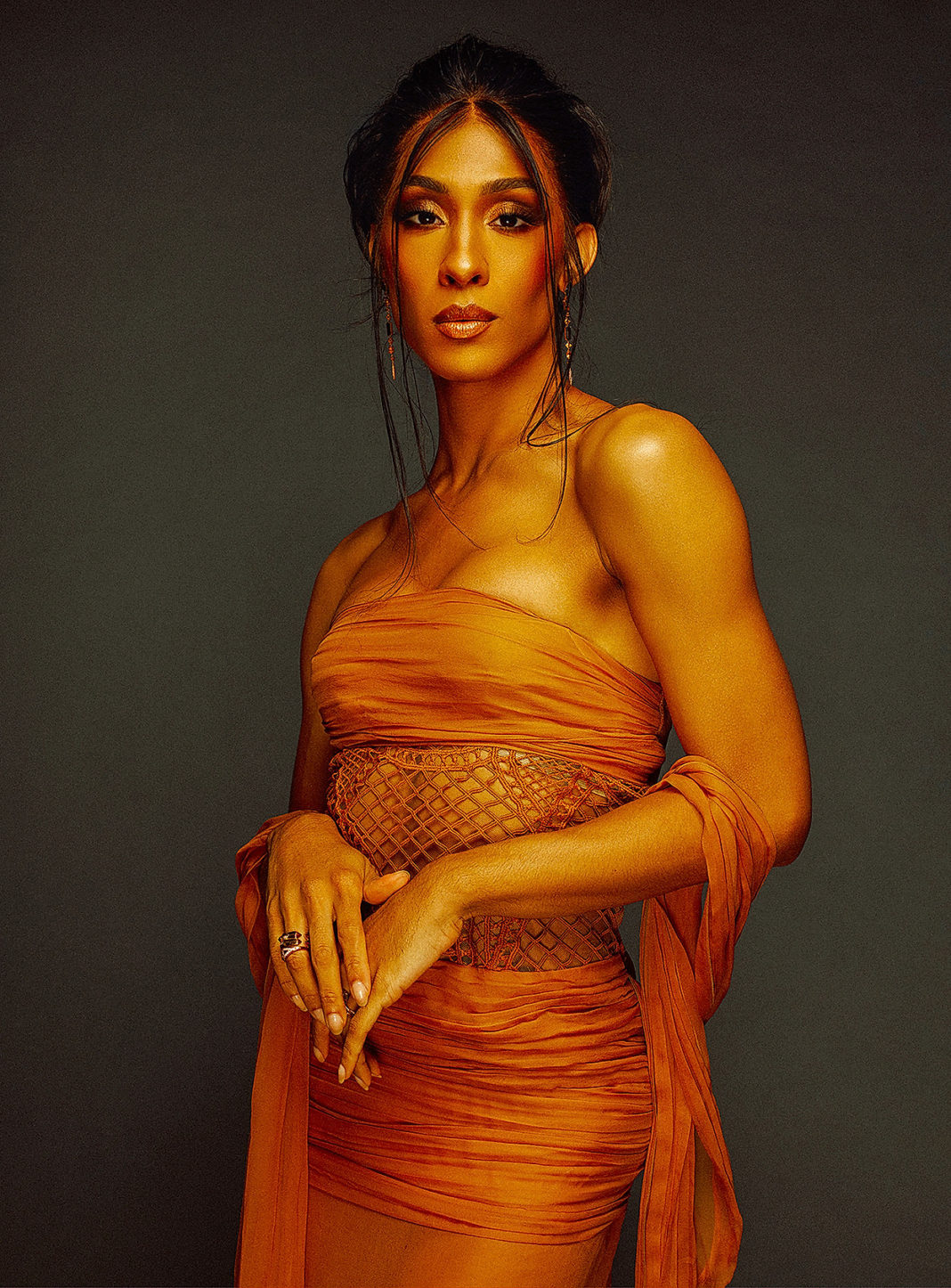Eleven LGBTQ+ Musicians and the Albums That Transformed Their Lives
During Pride celebrations, certain songs become unofficial anthems, defining the season’s spirit. Last year, Kylie Minogue’s “Padam Padam” was a prime example; this year, Charli XCX’s “Brat” has taken center stage. Music, irrespective of genre, is a crucial catalyst for creativity within the queer community. Even more significantly, it facilitates self-understanding and self-acceptance among LGBTQ+ individuals, revealing not only their identities but also their passions. Pride is both liberation and celebration, and music serves as a powerful tool for self-discovery.
In honor of Pride 2024, we spoke with several renowned musicians—including Kehlani, Big Freedia, and Tinashe, among others—to learn about the albums that have profoundly influenced their lives and the memories associated with those musical experiences.
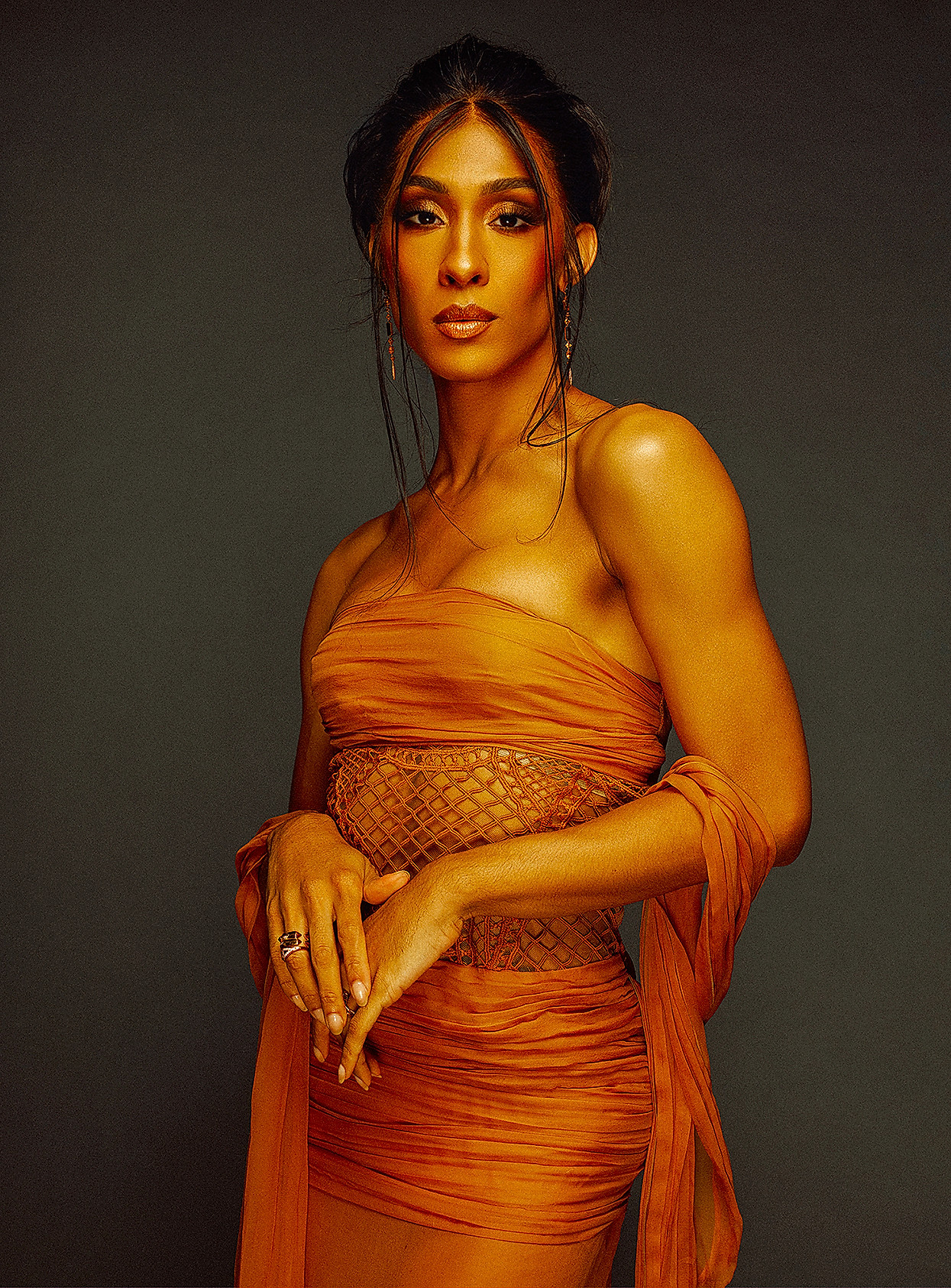
Michaela Jae Rodriguez: The Miseducation of Lauryn Hill (1998)
Lauryn Hill’s artistic journey and the narratives she conveyed deeply resonated with Michaela. This album was a constant presence in her household. Her connection to the music began in first grade, when “Doo Wop (That Thing)” captivated her and her cousin. The music video further fueled their enthusiasm, building on their existing adoration for Sister Act 2: Back in the Habit, which featured Hill. The album’s profound impact stemmed from Hill’s unflinching portrayal of her life experiences—its highs and lows, the power of love, motherhood, and societal commentary. The music helped Michaela understand her identity as a queer person of color and how the world might perceive her. She remembers passionately singing “Everything Is Everything” alone in her room, appreciating the song’s powerful message about the world’s relentless march forward.
Music is integral to Michaela’s life, a fundamental part of her identity. She views music as an exceptionally effective instrument for positive influence, making it especially meaningful during Pride celebrations.
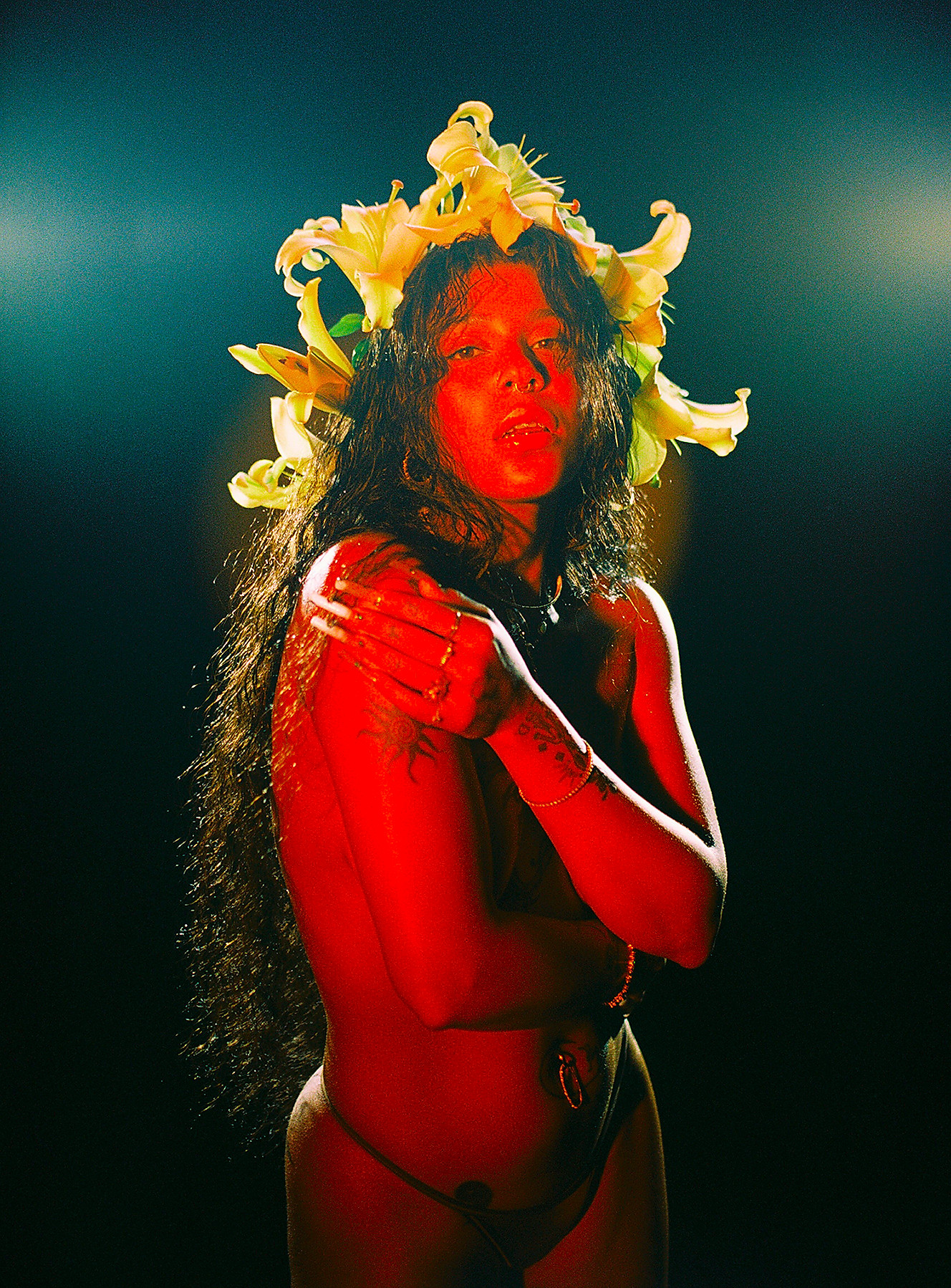
Tokischa: Rihanna’s Entire Discography (2005–Present)
Rihanna’s extensive musical output has consistently served as inspiration for Tokischa. Each album signifies a distinct stage in Rihanna’s artistic evolution, aiding Tokischa’s personal and creative self-discovery. Rihanna’s performances, filled with raw emotion, solidified Tokischa’s own artistic aspirations. Tokischa vividly recalls obtaining Rihanna’s music through a friend at a movie store, eagerly anticipating listening to it. She would study the lyrics, read biographies, and try to emulate Rihanna’s dance moves, realizing that it wasn’t just the choreography but the performance itself that resonated with her.
For Tokischa, music embodies the freedom of self-expression, free from constraints or shame. It enables her to connect authentically with herself and her community, fostering a sense of belonging and shared identity.
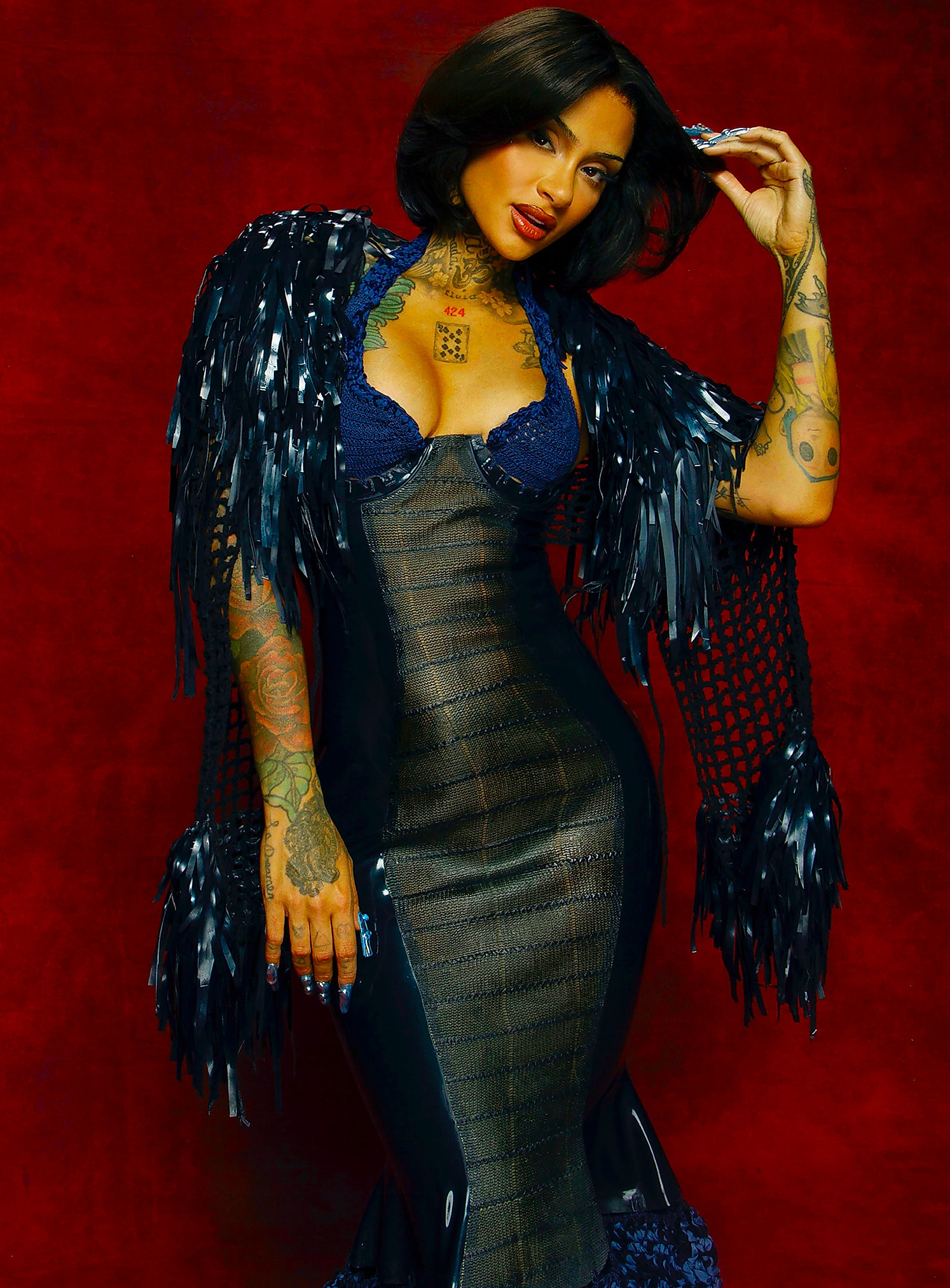
Kehlani: Full Moon by Brandy (2002)
Kehlani connects music with the joyous essence of Pride, a celebration of revolution and liberation. Brandy’s Full Moon was transformative for Kehlani. Witnessing an established R&B artist evolve and redefine the genre’s boundaries resonated deeply. The album’s contemporary, futuristic sound left a lasting impression. While Kehlani doesn’t recall the exact circumstances of her first listen, she remembers diligently practicing the album’s intricate vocal runs.
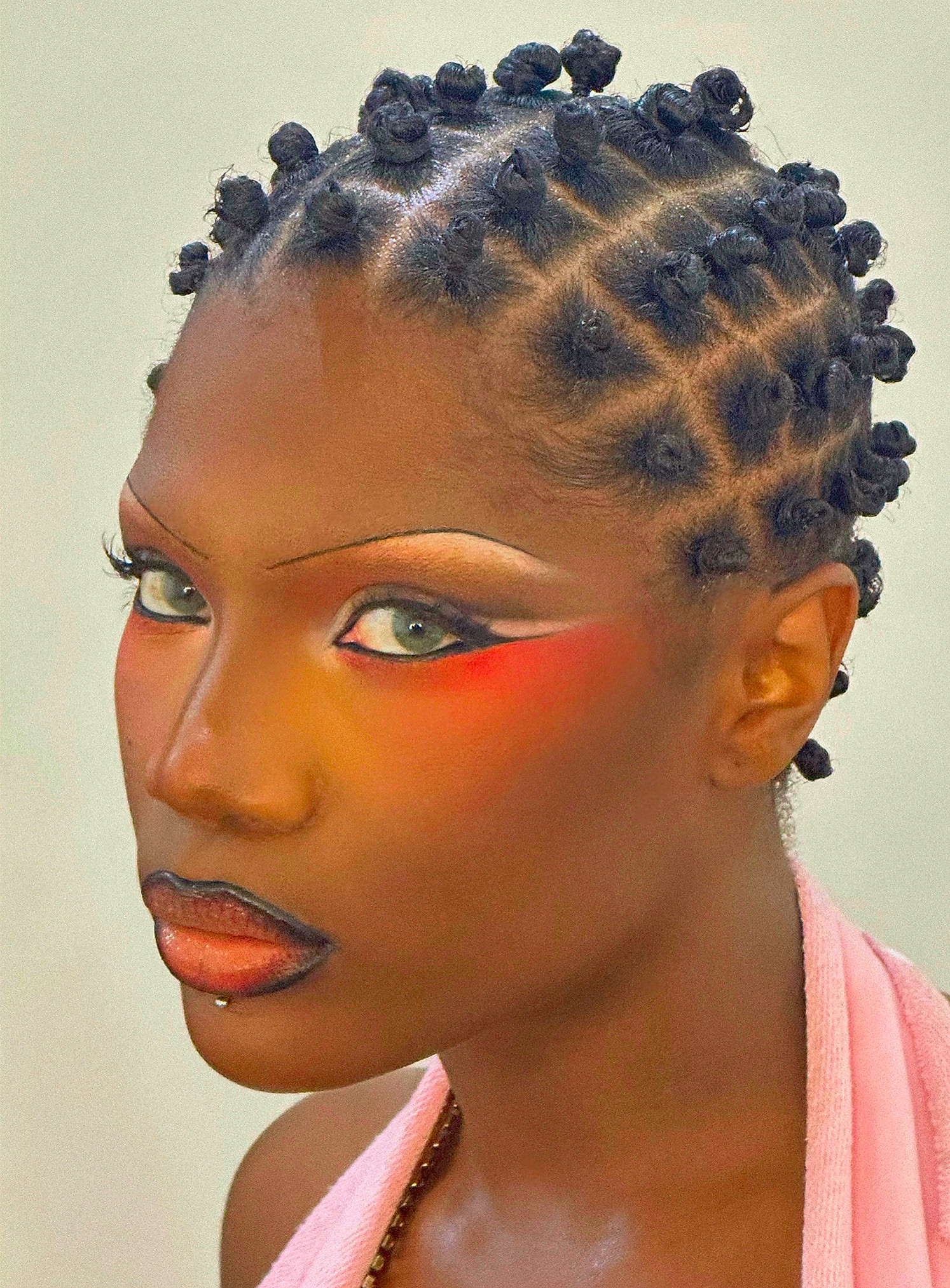
Doechii: My Beautiful Dark Twisted Fantasy by Kanye West (2010)
My Beautiful Dark Twisted Fantasy profoundly shaped Doechii’s artistic journey, instilling boundless confidence in her musical potential. Hearing it for the first time in eighth grade remains a cherished memory. Doechii views music as a vehicle for self-expression and empowerment, transcending boundaries and forging connections through shared emotions. For Doechii, music embodies the spirit of Pride, celebrating individuality and authenticity.
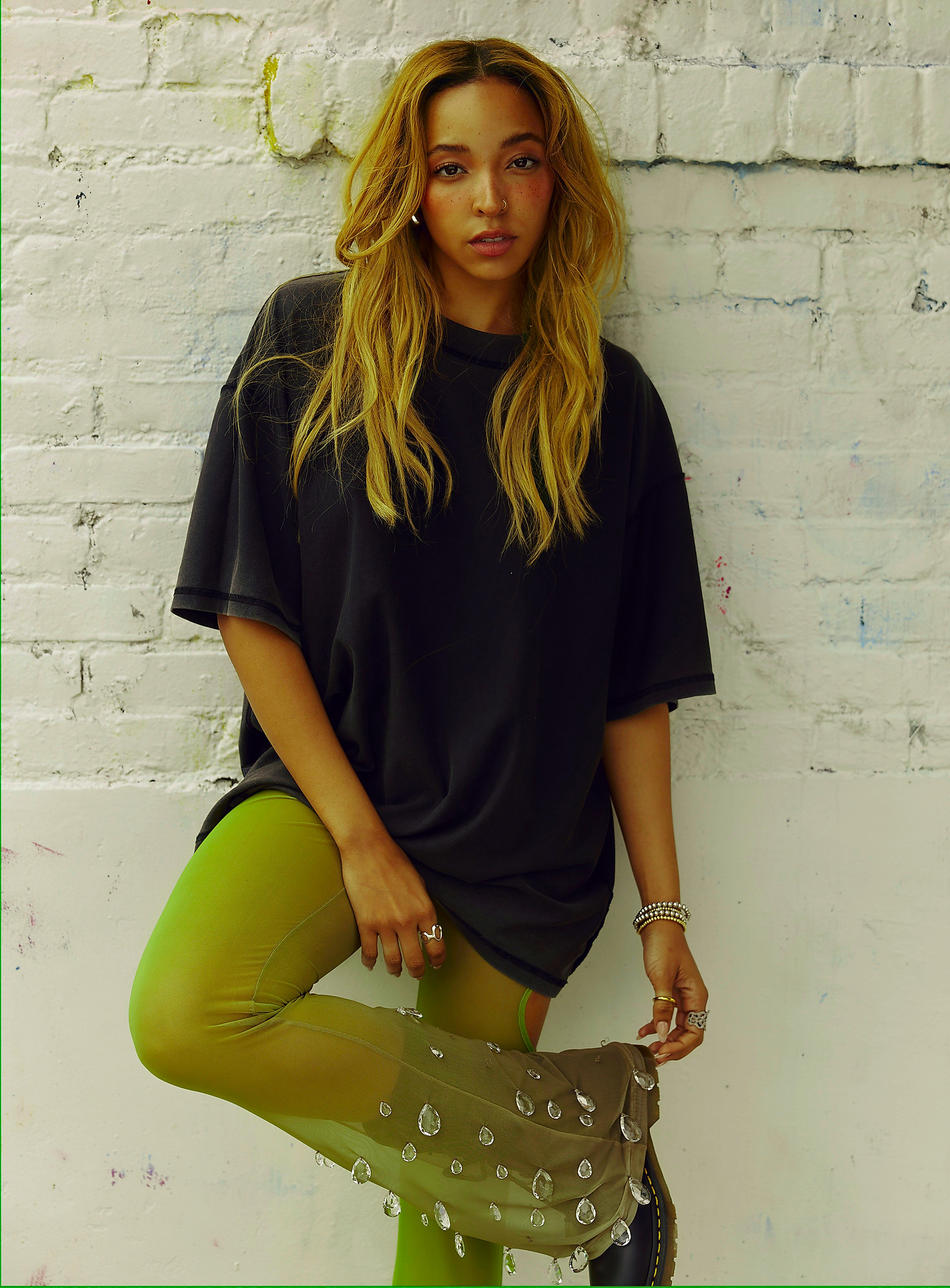
Tinashe: The Velvet Rope by Janet Jackson (1997)
The Velvet Rope holds a special place in Tinashe’s heart, serving as a source of inspiration for her own album creation, particularly in its diverse musical range. The album’s celebration of freedom is profoundly meaningful to Tinashe.
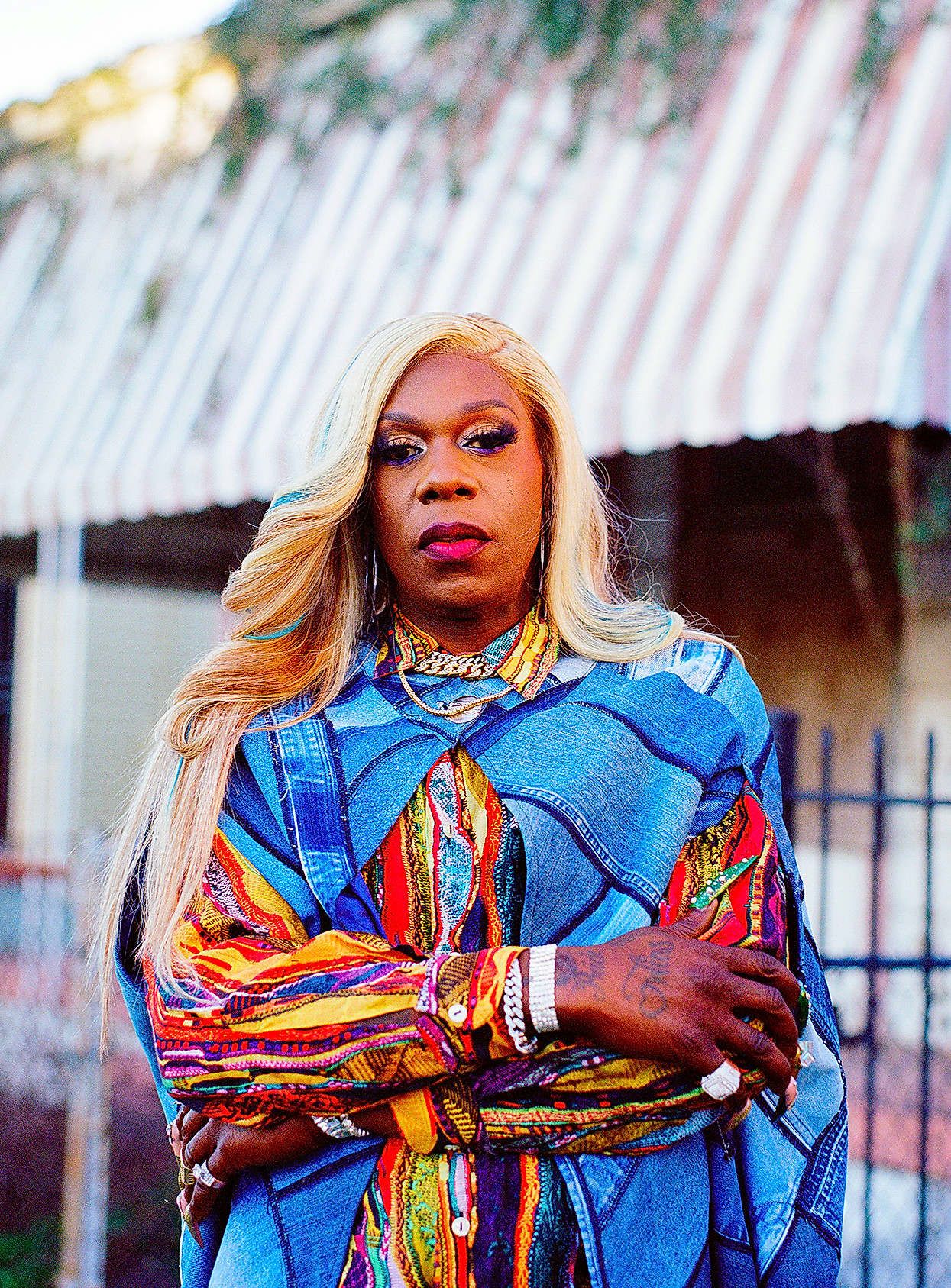
Big Freedia: The Music of Sylvester
Big Freedia’s artistic identity is intrinsically linked to her music. Sylvester’s music, particularly his debut album, holds immense significance. The album’s unapologetically gay nature was a pivotal moment in Big Freedia’s life. Experiencing Sylvester’s music in gay clubs as a teenager opened up a new world. Songs like “You Make Me Feel (Mighty Real)” and “Dance (Disco Heat)” fostered a sense of pride and inspired her artistic aspirations.
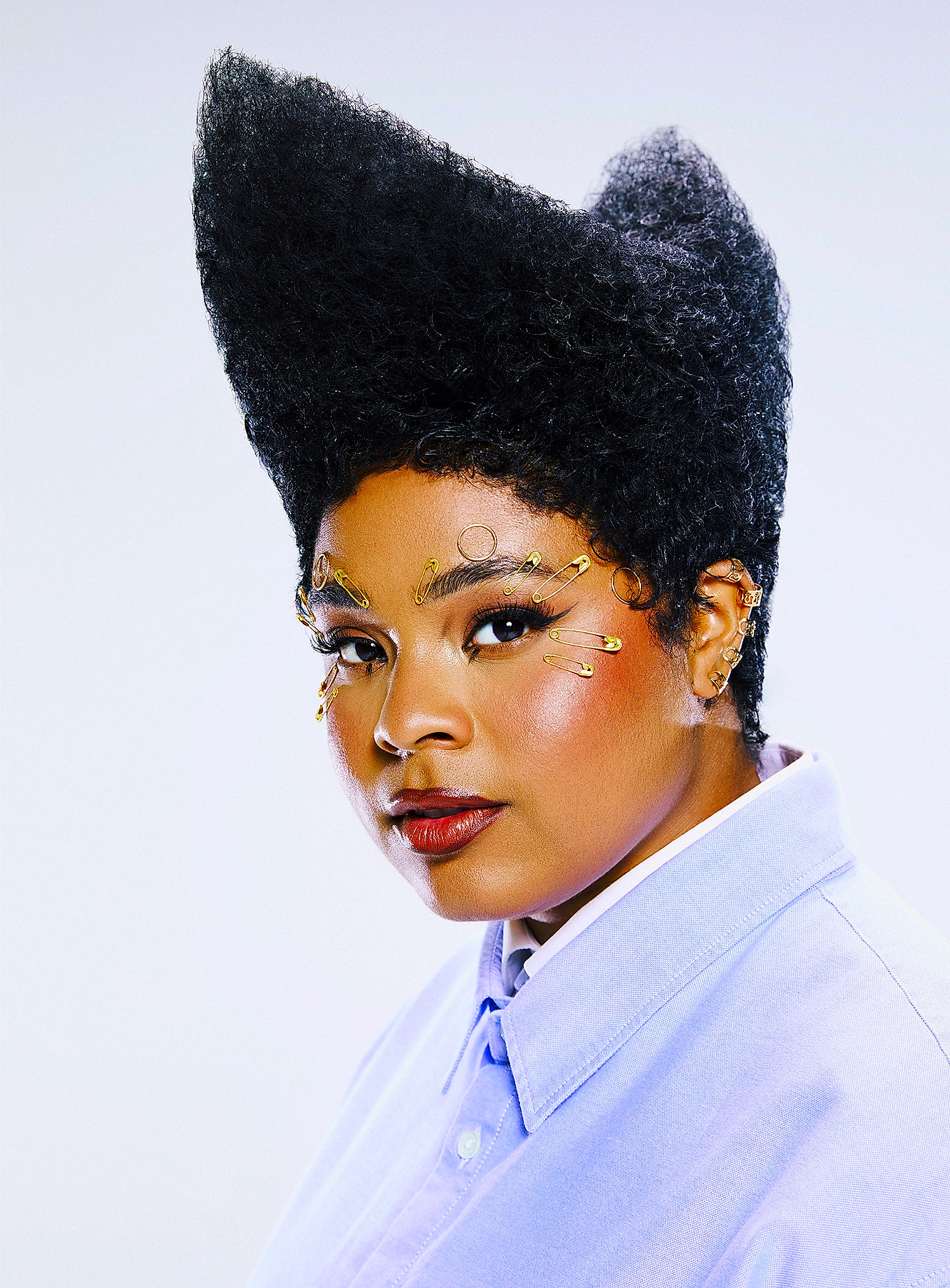
Tayla Parx: I’m Not Your Man by Marika Hackman (2017)
Marika Hackman’s I’m Not Your Man, specifically “Boyfriend,” holds personal and artistic importance for Tayla Parx. The song’s lyrics resonated deeply during a time when Tayla was attracted to women who identified as straight. The album’s diverse musical style also captured her attention. While Tayla doesn’t have specific memories tied to the album, her collaboration with Hackman years later holds a significant place in her heart. The honesty and vulnerability in Hackman’s lyrics provided Tayla with a sense of validation.
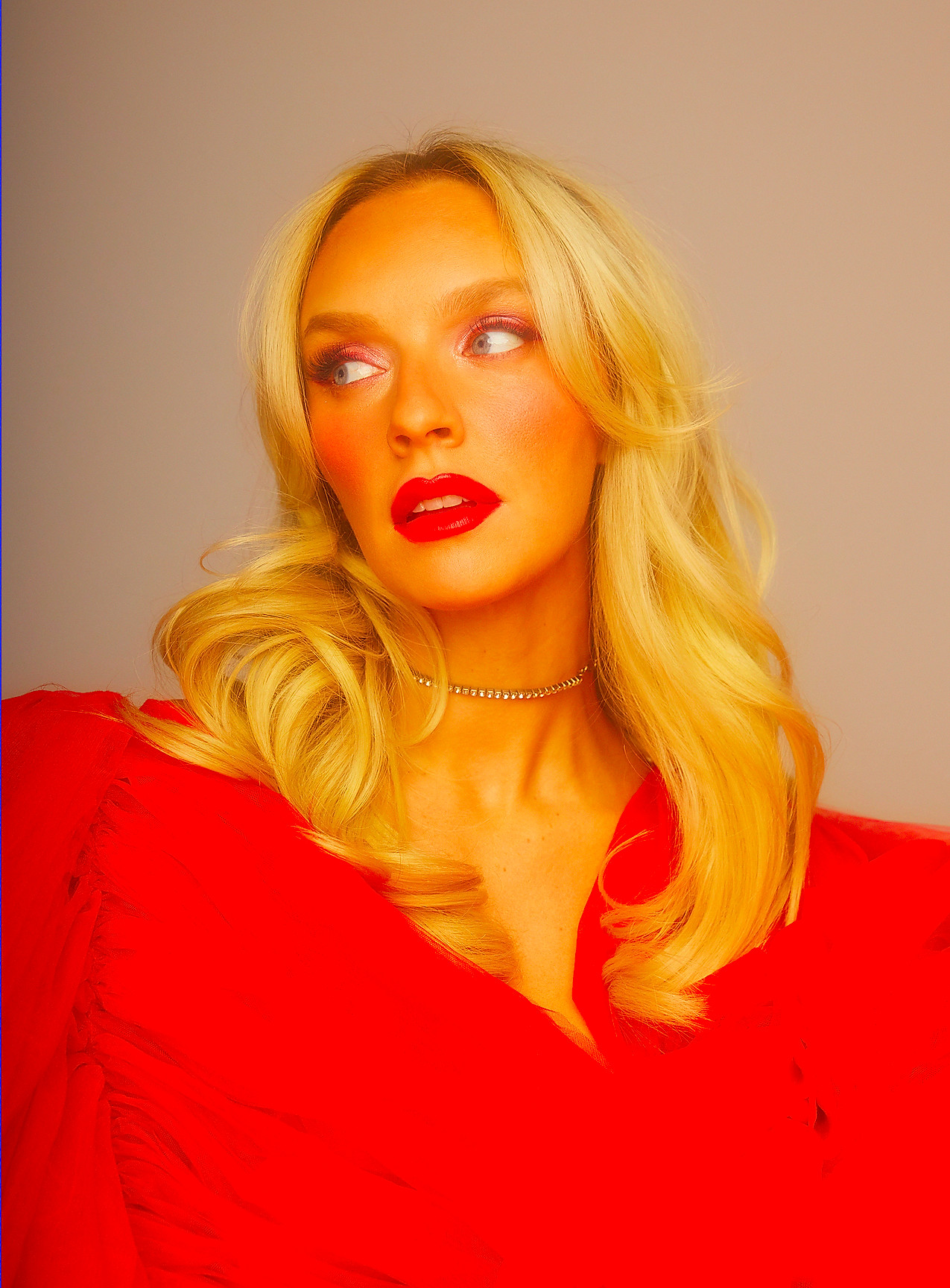
Zolita: The Fame Monster by Lady Gaga (2009)
Music by queer artists played a pivotal role in Zolita’s journey of self-acceptance and affirmation. Lady Gaga’s The Fame Monster, along with its music videos, had a profound effect on her career. Witnessing Gaga’s open expression of queerness on a mainstream platform was incredibly impactful. Zolita recalls hearing “Just Dance” for the first time in a car, instantly captivated by the song. A particularly cherished memory is attending Gaga’s Chromatica Ball concert with friends she’d met through the Gaga fanbase.
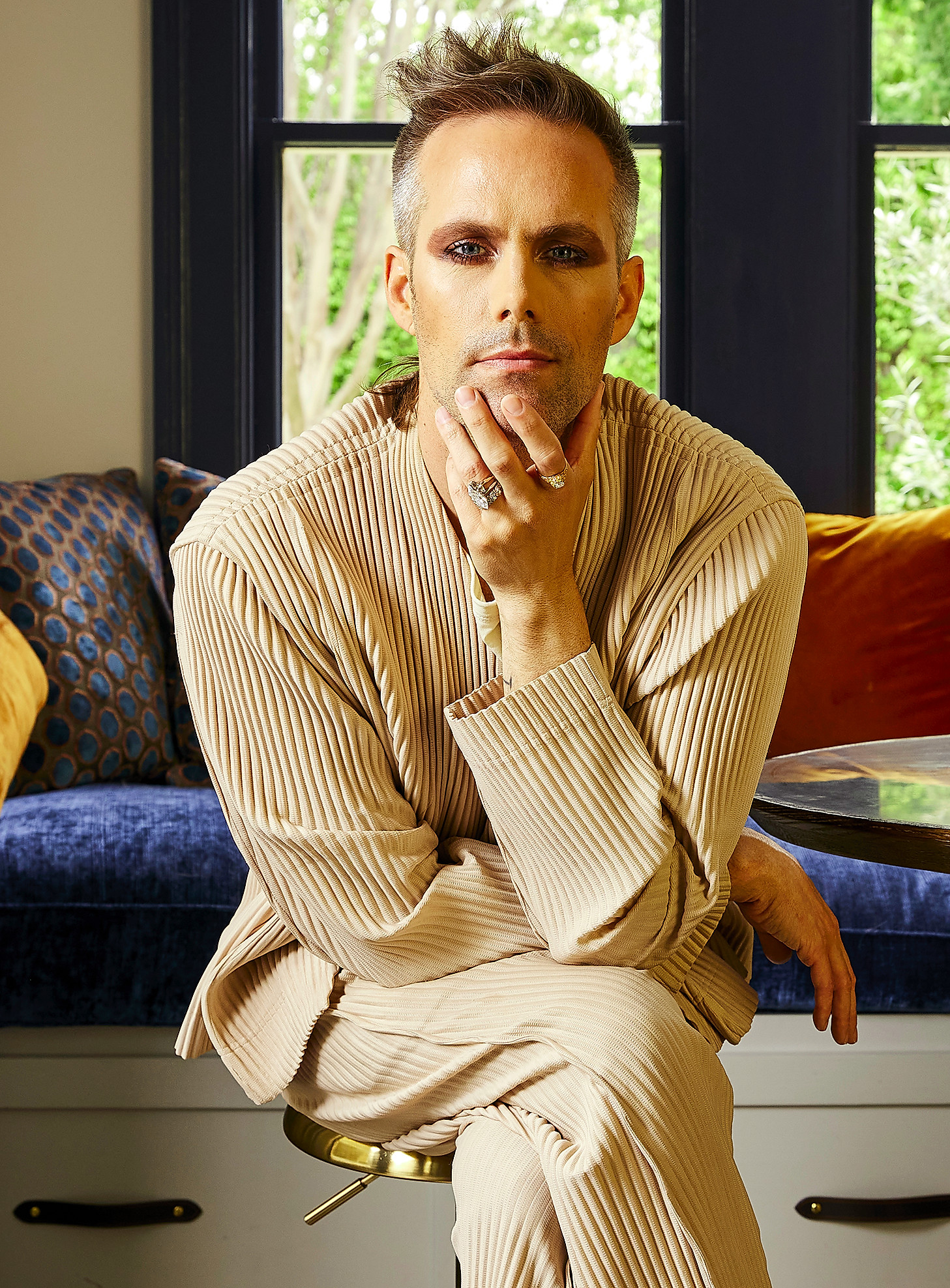
Ani DiFranco: Little Plastic Castle (1998)
Ani DiFranco’s Little Plastic Castle deeply resonated with Ani, although she had previously been introduced to DiFranco’s music. The album’s diverse lyrical themes, exploring queer love, political commentary, and self-reliance, profoundly impacted her. She recalls purchasing the album and listening to it on her daily commute, fondly remembering a particular incident on the train where she and her friends chanted “Fuel” in response to negative interactions.
Ani believes that music has always been a connecting force within the queer community. She points to her collaboration on “Good Luck, Babe!” as an example of powerful queer expression in music.
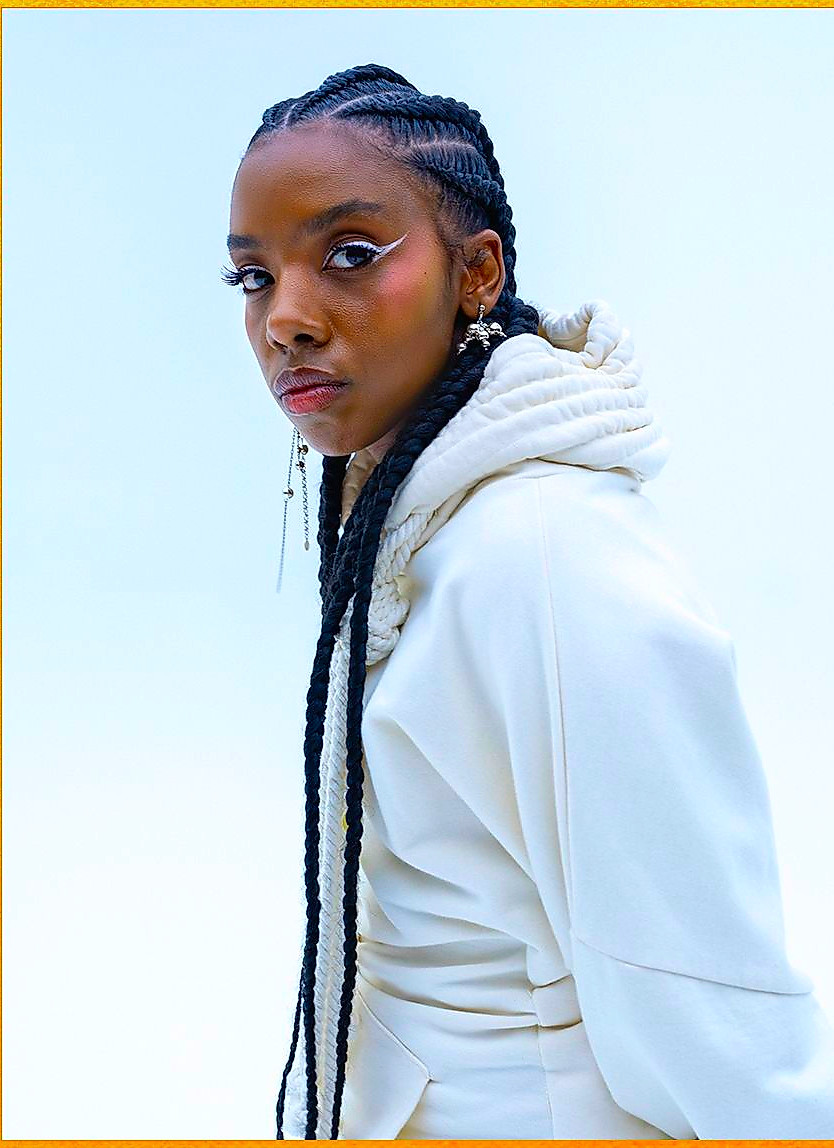
Dua Saleh: The Emancipation of Mimi by Mariah Carey (2005)
Dua Saleh identifies Mariah Carey’s The Emancipation of Mimi as a defining album, symbolizing Pride due to its widespread popularity among the LGBTQ+ community. The album’s impact on early 2000s pop and R&B is undeniable. Dua remembers listening to the album in the car with her mother, connecting it to the uninhibited creativity of childhood. The album’s storytelling quality and musical precision impressed Dua.
For Dua, music’s prominence in Pride celebrations stems from its integral role in Pride parades. She cherishes her place within the LGBTQIA+ community’s vibrant artistic scene.
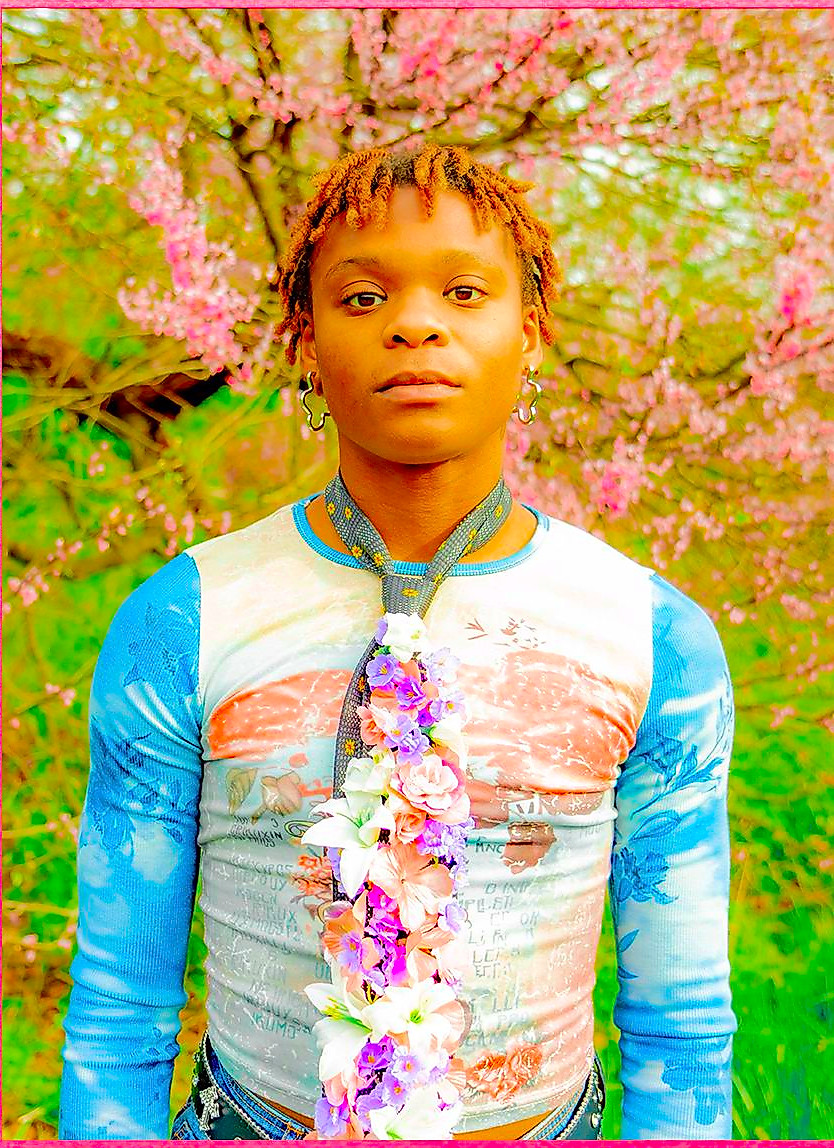
Dreamer Isioma: Princess Forever (2023)
Dreamer Isioma highlights their most recent album, Princess Forever, as a significant work. It was recorded during a pivotal time in their transition. Dreamer’s willingness to create queer-themed songs as a Nigerian artist signifies a bold statement. While Dreamer doesn’t specify their first listening experience, they remember fans sharing their own experiences with the album, including one under the influence of psychedelics. The album release party is a fond memory for Dreamer.
For Dreamer, music and Pride are synonymous—both celebrate freedom and expression.
